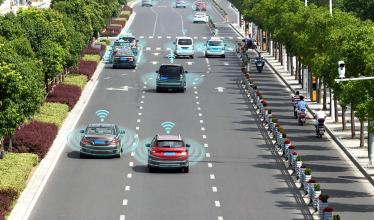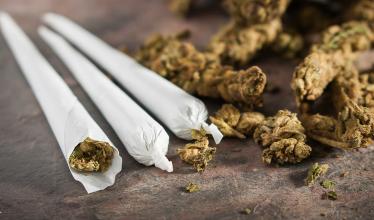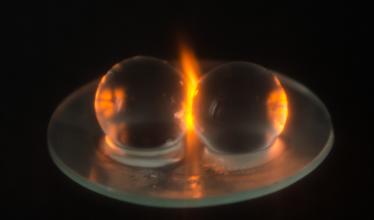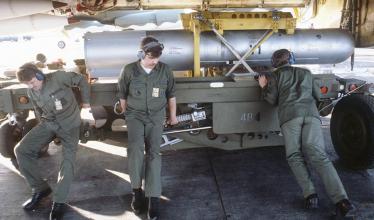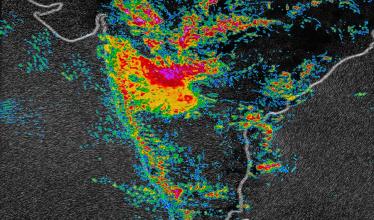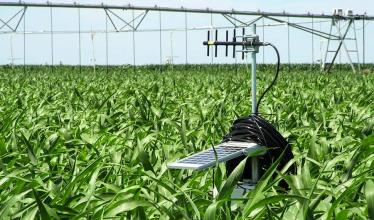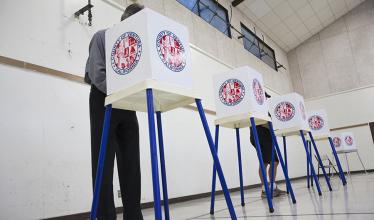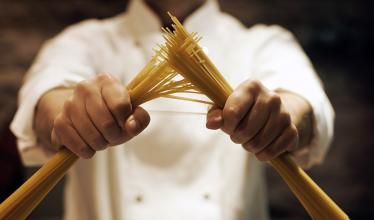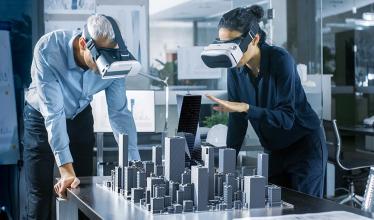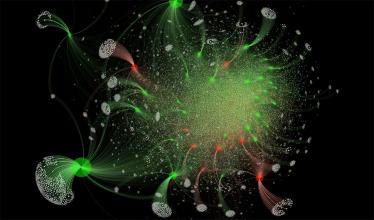Physics and society
The problem could be particularly bad in rental cars.
Different people respond to cannabis in different ways, making a blood THC level difficult to legislate.
Physicists figured out why grapes and water-filled beads make sparks in the microwave.
Once the tricky political agreements have been reached, how do nations take apart their nuclear weapons?
New system uses a supercomputer and crowd-sourced observations to improve short-term world weather predictions.
A cyber attacker could potentially insert a feature that looks like cancer into a scan, or remove it, researchers warn.
Changing weather and planting practices in recent decades have led to increased corn yields, but whether the findings will apply to other crops and regions remains unknown.
Dogs successfully detected malaria parasites in infected children by sniffing their socks.
Some states still fall behind in election security for the midterms.
Researchers found that adding a full twist made it possible to break spaghetti in half.
New theoretical models help urban planners understand how residents think about clean air.
Online extremist groups emerge like curdling milk, a dynamic that may also describe how the recently disclosed fake Facebook accounts attract followers.

